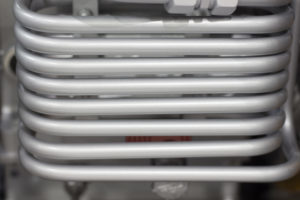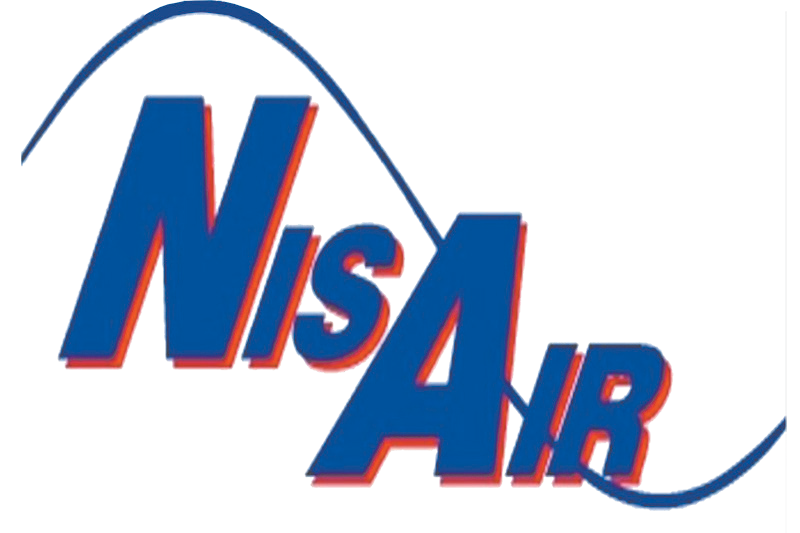How to Diagnose Your Heat Exchanger Problem
The heat exchanger is one component that plays a pivotal role in the safe operation of your gas furnace. This critical device keeps the hazardous fumes formed during fuel combustion safely contained so they exit up the exhaust flue. Problems with the integrity of the heat exchanger can leave you vulnerable to potentially life threatening carbon monoxide leaks. Here are some issues that commonly occur:
Corrosion and Rust-Out
Furnace heat exchangers can start to corrode if combustion fumes aren’t venting out the flue efficiently. These fumes mainly contain carbon dioxide (co2) and water vapor, and when they back up, the water condenses into liquid form and collects inside the metal device. Due to its reaction with the co2, the water produced is extremely acidic, which speeds up the metal’s deterioration. Problems with proper venting can occur if the flue is partially obstructed by debris, or if the vent pipe is too small.
Metal Fatigue and Failure
Heat exchangers are built durably to withstand repeated heating/cooling cycles over a furnace’s long service life. With age and use, though, this repetitive expansion and contraction process takes a toll on the device and small cracks form due to metal fatigue. This kind of deterioration can allow toxic gases to escape into a home’s air supply, and it’s the leading reason why furnaces eventually need replacement. It’s also possible for heat exchangers to fail prematurely from:
- Insufficient airflow in the HVAC system from clogged air filters and/or closed-off vents that cause frequent overheating.
- Poor fuel combustion at the burner that results in flame impingement and/or overheating.
How to Diagnose Problems With Heat Exchangers
Having your furnace maintained annually by a trained and experienced HVAC technician is the best way to prevent and diagnose heat exchanger problems. A technician can make needed burner adjustments, check for adequate system airflow and proper venting, and inspect the heat exchanger for defects so you have peace of mind that your heating equipment is operating safely.
For expert help diagnosing furnace heat exchanger problems in your Martin, Palm Beach or Indian River County home, contact us today at NisAir.

